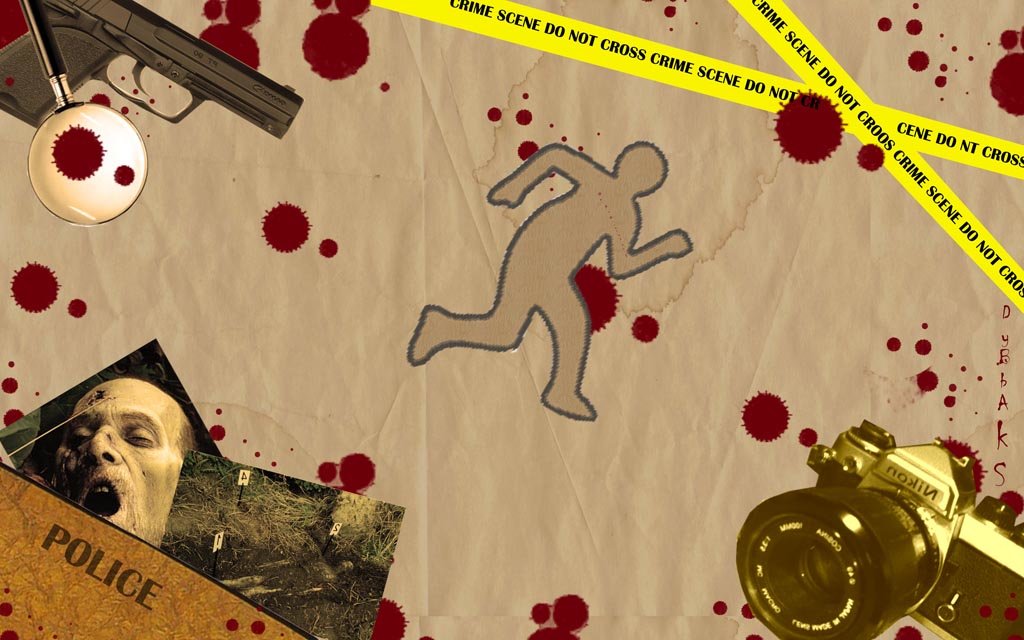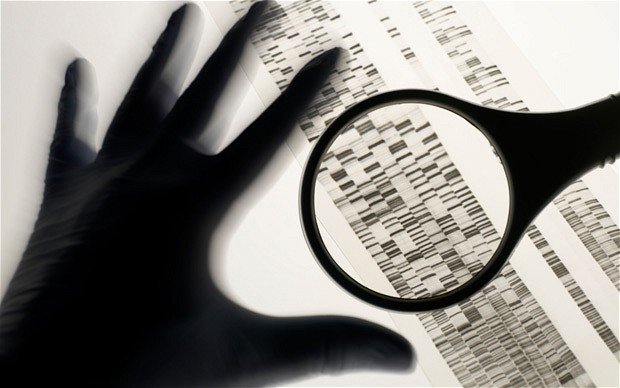 Forensic art: about, how to, become a forensic artist
Forensic art: about, how to, become a forensic artist
The generic definition of this concept is ‘any art that can be used in law enforcement investigations or in the law court’although more comprehensive seems…
Read more…








